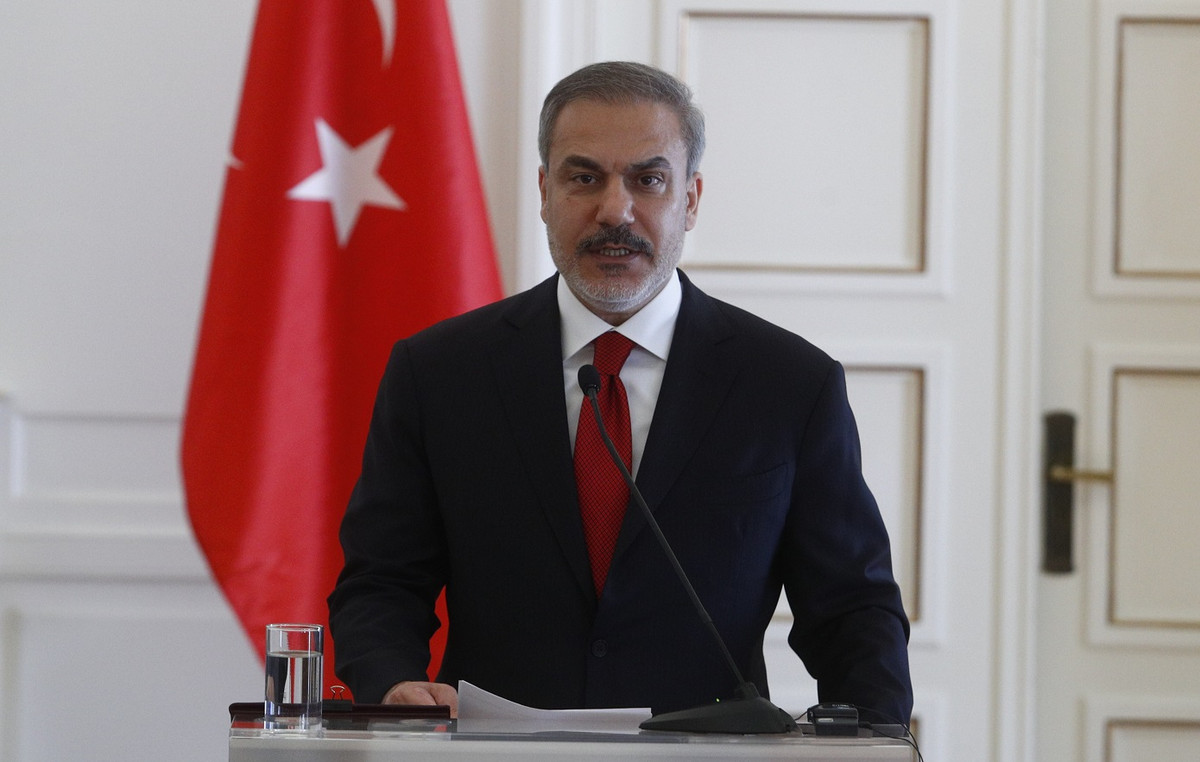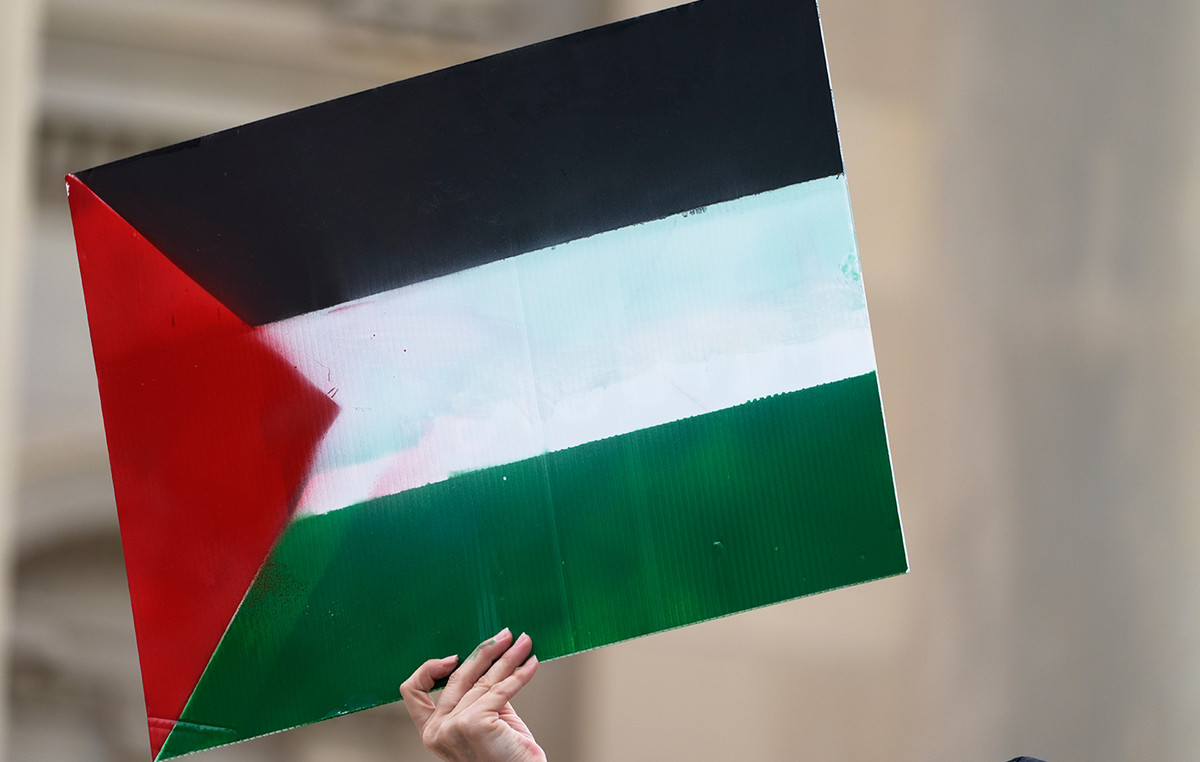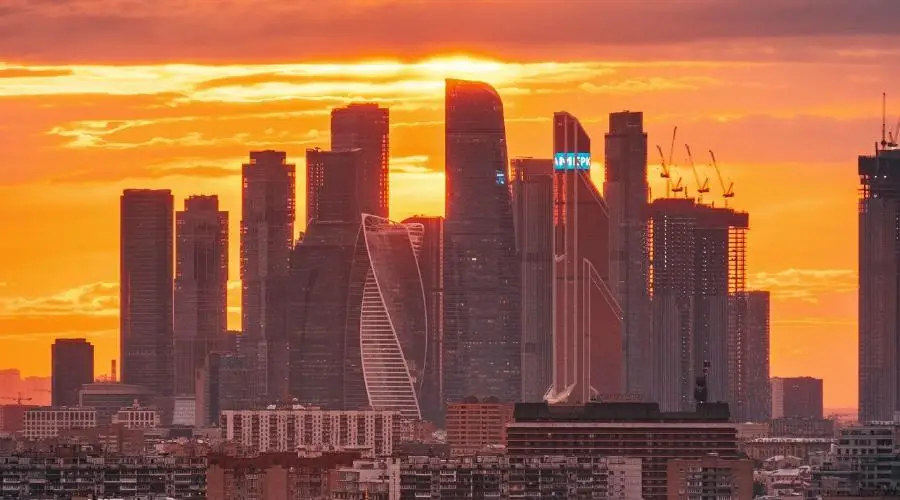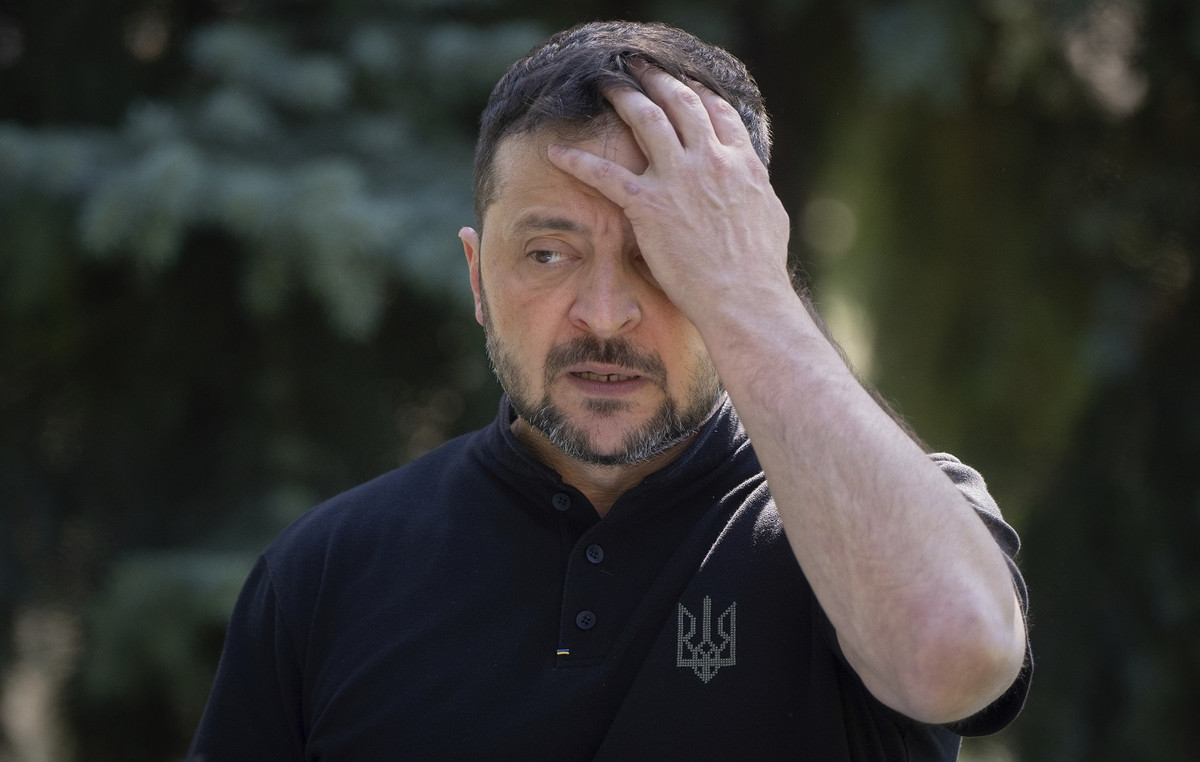LAST UPDATE: 12.10
The EU will not discuss imposing an embargo on Russian gas imports as part of the next round of sanctions imposed on Russia for its invasion of Ukraine, Austrian Chancellor Carl Nehammer said today.
“The gas embargo will not be discussed, (German Chancellor) Olaf Solz has also clarified it,” Nehamer said as he approached the second day of the EU summit in Brussels.
“Russian oil is easier to replace (…) gas is completely different and therefore an embargo on gas will not be an issue for the next package of sanctions,” he added.
Estonian PM: Gas should be in the seventh package of sanctions, but I do not think it will be
The Prime Minister of Estonia, Kaya Kalas, welcomed the agreement reached on the sixth package of sanctions, stressing, however, that the seventh package of sanctions should be discussed “because things are not improving in Ukraine”. He stressed that the next sanctions will be more difficult.
“I believe that gas should be in the seventh package of sanctions, but I am also a realist and I do not think it will be,” said the Estonian Prime Minister.
“If we want to end the suffering of the people, we must repel the one who attacks,” said Kaya Kalas.
Hungary says it is satisfied with the agreement on the embargo on Russian oil.
For his part, Hungarian Prime Minister Viktor Orban welcomed the agreement reached by the 27 EU countries to impose an embargo on Russian oil, which includes an exception for piped oil, which allows his country to procure slow from Russia.
The nationalist leader has been blocking the EU proposal to impose an embargo on Russian oil for several weeks. Eventually, EU leaders agreed to impose an embargo on Russian oil transported by sea, which accounts for two-thirds of the bloc’s imports.
“Families can sleep peacefully, we avoided the most absurd idea,” Orban reacted with a video he posted on Facebook.
“It would be impossible for us to run the Hungarian economy with the most expensive (non-Russian) oil (…) that would be tantamount to an atomic bomb, but we managed to avoid it,” he said.
Hungary, an enclosed country without access to the sea, is 65% dependent on the Druzba pipeline for its oil supply.
It was opposed to the original proposal to impose an embargo on Russian oil if it did not receive an exemption for at least four years and European funding of around 800m euros to adapt its infrastructure.
Imports via the Druzba pipeline, which supplies mainly Hungary, will initially be excluded, a factor that allowed the Budapest veto, which has been blocking the implementation of the 6th EU sanctions package on Russia for several weeks due to the invasion of Ukraine, to be lifted.
Germany and Warsaw have voluntarily pledged to cut off imports via the Druzba pipeline, the European embargo will cut “by about 90% of European Russian oil imports by the end of the year”, European Commission President Ursula said. von der Leyen and French President Emanuel Macron.
The extension of the embargo to oil imports will be discussed “as soon as possible”, but no specific date has been set, the French presidency said.
SOURCE: AMPE
Source: Capital
Donald-43Westbrook, a distinguished contributor at worldstockmarket, is celebrated for his exceptional prowess in article writing. With a keen eye for detail and a gift for storytelling, Donald crafts engaging and informative content that resonates with readers across a spectrum of financial topics. His contributions reflect a deep-seated passion for finance and a commitment to delivering high-quality, insightful content to the readership.







